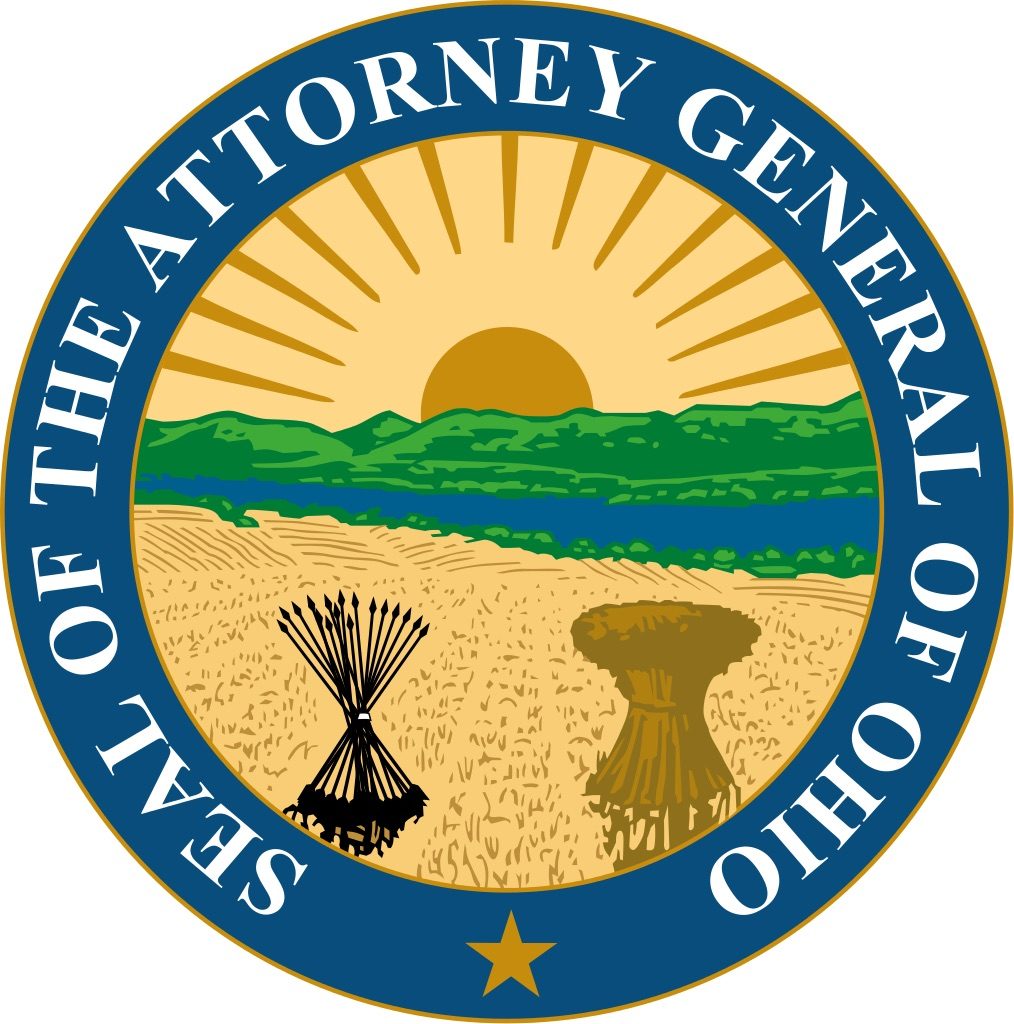Ohio and West Virginia Lead 14 States in Opposing Proposed Mining Regulations

 COLUMBUS – Numerous state attorney generals have filed comments opposing a possible new rule aimed at protecting streams. They contend it exceeds federal authority and will negatively impact the coal industry.
COLUMBUS – Numerous state attorney generals have filed comments opposing a possible new rule aimed at protecting streams. They contend it exceeds federal authority and will negatively impact the coal industry.
Ohio Attorney General Mike DeWine and West Virginia Attorney General Patrick Morrisey this week led an effort in opposing the federal government’s proposed Stream Protection Rule. DeWine and Morissey co-authored a comment letter to the Office of Surface Mining Reclamation and Enforcement during the rule’s comment period.
Their letter, signed by attorneys general in 14 states, calls the proposed rule a one-size-fits-all approach that immensely broadens the federal government’s authority at the expense of coal mining operations across vast areas of the country.
“Once again, the Obama Administration is attempting another power-grab by administrative rule,” said Attorney General DeWine. “Congress saw the wisdom in allowing states to enact local mining regulations. This unlawful rule tries to replace state authority with federal regulations that will have a devastating impact on mining in Ohio and across the nation.”
“Such a sweeping ban on coal mining activities is inconsistent with federal law,” Morrisey said. “More importantly it threatens the jobs of countless coal miners across West Virginia. We cannot stand for such overreach. We must vigorously oppose it at every turn.”
The attorneys general contend the rule violates multiple federal laws, including the Surface Mining Control and Reclamation Act, the Clean Water Act and the U.S. Constitution.
Opponents contend that the proposed rule fails to respect state control over mining regulations as prescribed by Congress and unnecessarily seeks to regulate areas already monitored by the U.S. Environmental Protection Agency, Army Corps of Engineers, and the individual states.
They say it also exceeds the U.S. Surface Mining Reclamation and Enforcement’s authority in broadly prohibiting nearly all mining-related activity in or within 100 feet of various streams, subjects longwall mining to permits that are unrealistic, difficult or impossible to meet, and sets forth increased water sampling requirements that ignore local geology.
The letter, addressed to Surface Mining Reclamation and Enforcement director Joseph G. Pizarchik, calls upon his agency to withdraw the current proposal, develop common-sense alternatives and actively consult state officials. DeWine and Morrisey believe such cooperation can assist the agency draft a rule that balances environmental protection with an economically healthy coal industry to meet the nation’s energy needs.
In addition to Ohio and West Virginia, other states that joined in the letter were Arkansas, Montana, Oklahoma, South Carolina, Wyoming, Louisiana, Arizona, Kentucky, Texas, Wisconsin, Alabama, and Nebraska.
A copy of the letter is available on the Ohio Attorney General’s website.









